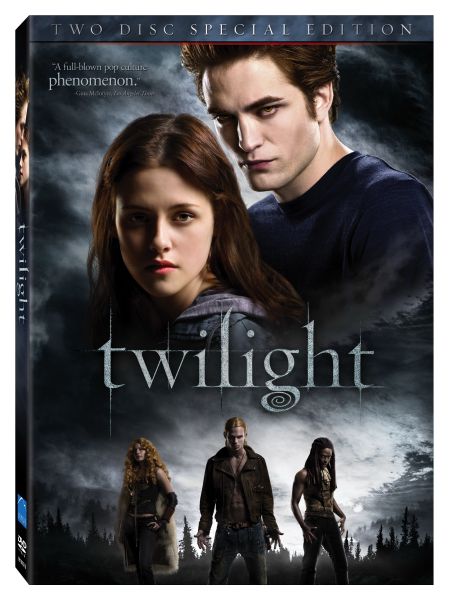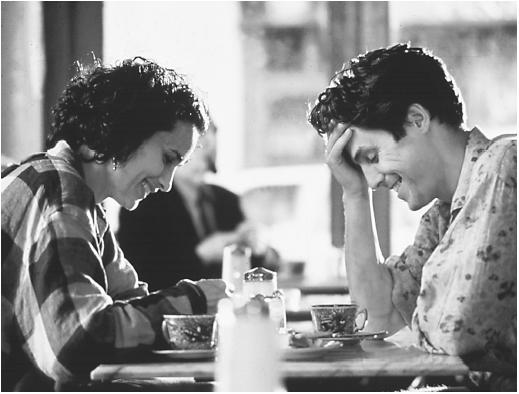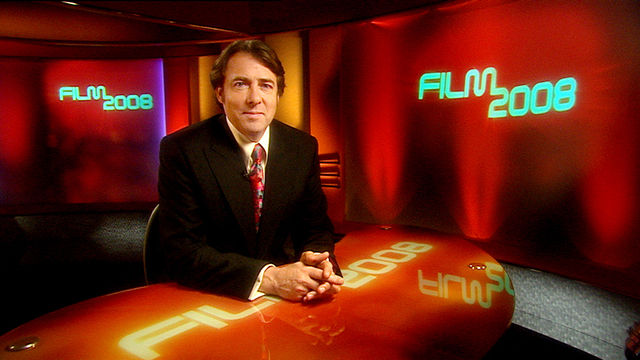
Well, the summer has arrived and you have six long, and hopefully sunny, weeks to research, reflect and analyse La Haine and Cidade De Deus. We have watched both films once, but in order to prepare fully for the start of the A2 course you will need to rewatch the films several times focusing on: micro & macro features, characterisation, social/historical and political context. I have set a range of tasks on both films:
Case Study 1 – La Haine (Kassovitz, 1995)
Thinking about the characters is a good way to start to understand any film. In La Haine we are introduced to the characters of:
1. Said - Arab African-French
2. Vinz - Jewish
3. Hubert - black African-French
They are united by a shared youth culture, their differences do not impact on their friendship but each is extremely aware of the ways in which their ethnicity is viewed by others in France. Consider why it is Vinz who has to try and gain entry into Asterix flat? Consider, Said’s role in the opening of the film and the ending.
Create a detailed character profile for Said, Vinz and Hubert you need to include the following:
Pictures and Screen Shots
Key Scenes in which they appear, you will need to provide detailed explanations of how they appear in key scenes, below are some key scenes but there are lots more that you can explore.
1. The TV crew attempting to interview the three
2. Hubert in his bedroom – consider Mise en Scene (look at the posters)
3. The Authorities trying to remove them off the roof
4. The three of them sitting in the children’s play area
5. The story telling experience in the toilet
6. Interview with the plain clothes police men
7. The art gallery scene
8. Confrontation with the skin head gang
9. The final scene
Explain how the use of Micro Features is used to reveal information about each character (Consider how mise-en-scene, cinematography, editing, sound and structure of the narrative create meaning for the audience and reveal information about the characters).
Begin to carry out research on the social, historical and political contexts of the film: key areas of research include Les Banlieues, the French empire and imperialism, racism in France and the French police force. You may be interested to research the more recent riots in France.





























 3. Finally, if you are thinking even further ahead to what you could do with a Film Studies qualification, perhaps this list of suggested careers might help. If you think of anything else then let me know!
3. Finally, if you are thinking even further ahead to what you could do with a Film Studies qualification, perhaps this list of suggested careers might help. If you think of anything else then let me know!